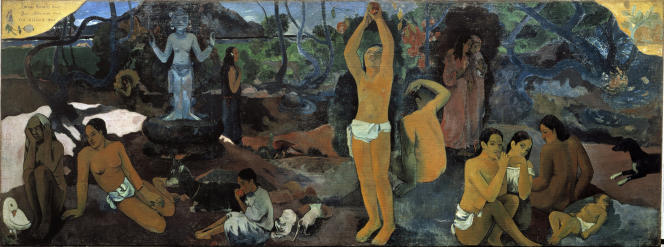For many citizens in Europe and North America who benefit from high living standards, modern medical care, mass education, and cheap, accessible technology, the idea that we ought to be grateful for living when we do is plausible enough. Huge questions arise, however, as soon as we attempt to take stock of present successes, and ask whether they amount to progress in any general sense. Knowledge in science and technology is expanding, but do we have the necessary political and social skills to manage it to our advantage? Humans have become larger and healthier thanks to science, but has their character and conduct improved over the course of history? Is there a clear link between improvements in economic well-being and particular forms of government, say, liberal democracy? And do we have any grounds for being optimistic about the future?
While these questions span disciplines, philosophy has a particularly important role to play in discussions of progress. The idea of progress – which we might usefully think of as change according to some normative criteria – has consistently engaged philosophers at least since the eighteenth century; some Enlightenment thinkers such as the Marquis de Condorcet (1743-1794) believed that progress in science could be replicated in the fields of ethics, politics and human relationships generally. More recently, philosophers have questioned the notion that progress can be all-embracing or irreversible, while exploring how we might retain it as a conceptual category. They have pointed out that progress in one field – technology, for example – is clearly distinct from that in morality, and that progress in some domains might go together with stagnation or regression in others. For example, industrialization and economic growth have reduced poverty world-wide, but caused unprecedented environmental destruction.
‘Where are we going?’ (Où allons nous?) is one of the questions that Paul Gaugin (1848-1903) wrote on a painting completed in 1897 in which he depicted various figures pondering the fundamental questions of human existence. Today that question has become increasingly urgent: our ideas about the future are bound up with our ability to control the weapons that scientific progress has made possible, to mitigate the burden that population and technology place on the environment, and to reduce global inequalities. Philosophy, I think, performs a crucial task by asking us to reflect on what exactly human well-being consists in, by questioning a simplistic faith in economic, political and moral progress, and by asking how we might recognize progress if it does indeed occur. In doing so it can shape political decisions concerned with change and improvement, and set the framework for one of the crucial questions of our time.
